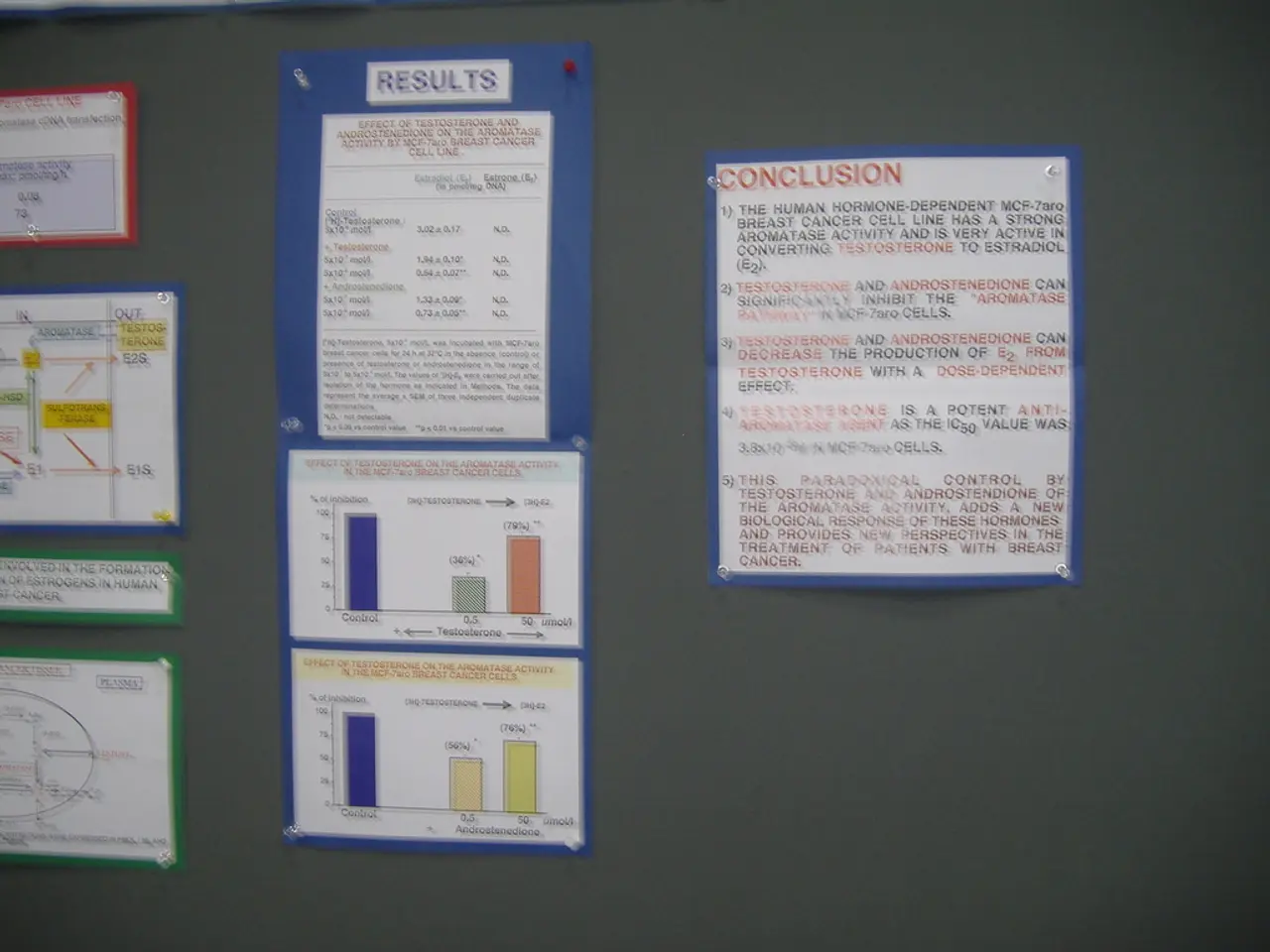Holiday Abolition and Economic Performance: A Closer Look
Fewer holidays result in less economic expansion instead of more
The Hans-Böckler Foundation, an organization close to trade unions, has delved into the age-old question: Does abolishing holidays boost the economy? Their findings contradict the common assumption: In some instances, the economy may even perform better with holidays.
In a study, researchers from the Institute for Macroeconomics and Economic Research (IMK) examined six specific scenarios over the past 30 years where working holidays were abolished or introduced in Germany or its states. To everyone's surprise, the economy thrived better in states where holidays were preserved or newly added in about half of these situations.
Economic Performance vs. Holidays"The equation 'If holidays are abolished, growth increases' is too simplistic," says Sebastian Dullien, IMK's Director. The modern work society requires a more complex perspective.
The Holiday Debate: To Abolish or Not?
The idea of abolishing holidays to boost economic performance has gained momentum in recent months. President of the German Industry and Commerce Chamber (DIHK), Peter Adrian, proposed this, and calculations by the employer-friendly Institute of the German Economy (IW) suggest that an additional working day could potentially increase the GDP by 5 to 8.6 billion euros.
However, economist Monika Schnitzer, a member of the Council of Economic Experts, has advocated scrapping a holiday in Germany to offset crisis costs. Yet, the majority of Germans (73-75%) remain opposed to reducing holidays, viewing holidays as sources of consumption through tourism and dining, contributing positively to the economy.
The Saxony Case: Sturdier Growth sans Holidays?
When examining the impact of abolishing the Buß- und Bettag holiday in all states except Saxony, researchers found contrary results. Saxony's GDP grew stronger in 1995 than the rest of Germany, despite not observing the holiday, proving that fewer holidays does not always lead to greater economic performance.
Productivity vs. Recovery TimeProductivity and innovation play a crucial role in overall economic production, the IMK found. It's possible that the lack of positive growth effects from fewer holidays is due to lower productivity caused by reduced recovery time.
Heavily burdened employees might also respond to holiday cancellations by cutting back on their work efforts elsewhere, for instance, by decreasing working hours in part-time jobs, especially during high-stress periods such as the ongoing pandemic.
In essence, abolishing holidays in Germany does not appear to harm economic growth but may not necessarily lead to economic improvement, based on the current evidence. The nuanced picture from recent German studies suggests a more complex interplay between work and leisure in the economy.
- Vocational training programs can be a key component of a community's policy to support economic growth, as they equip workers with the necessary skills for various businesses, thereby increasing productivity.
- Financing for vocational training initiatives is crucial, as it allows businesses to invest in their employees' development, which in turn can boost the overall economy by improving productivity and innovation.




